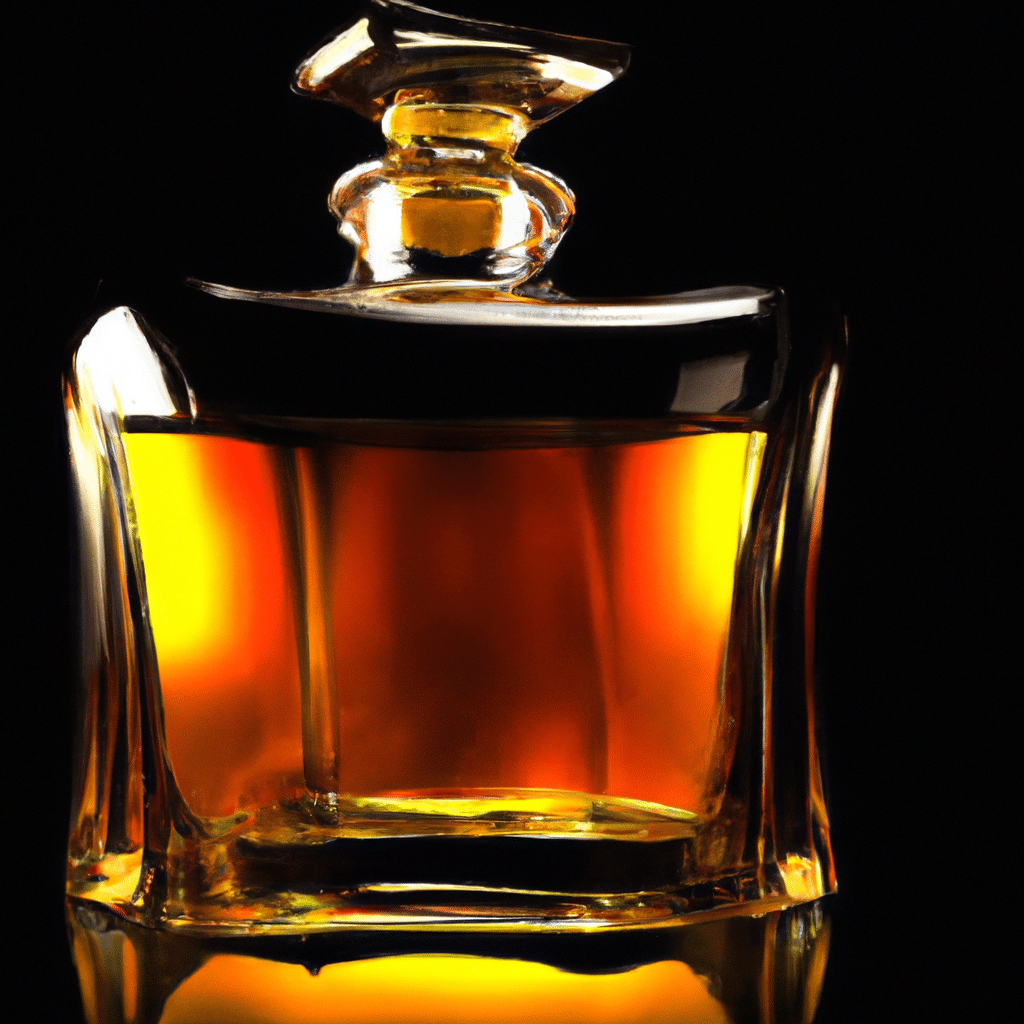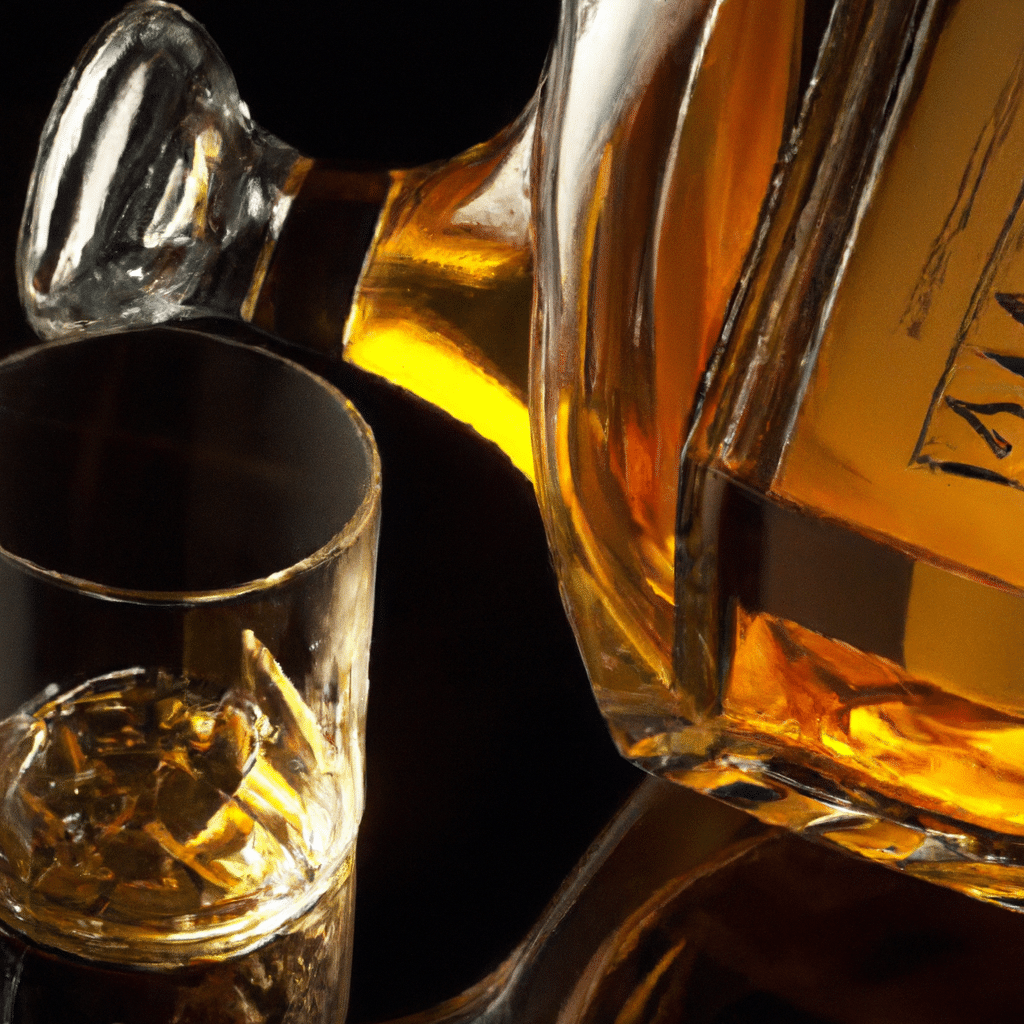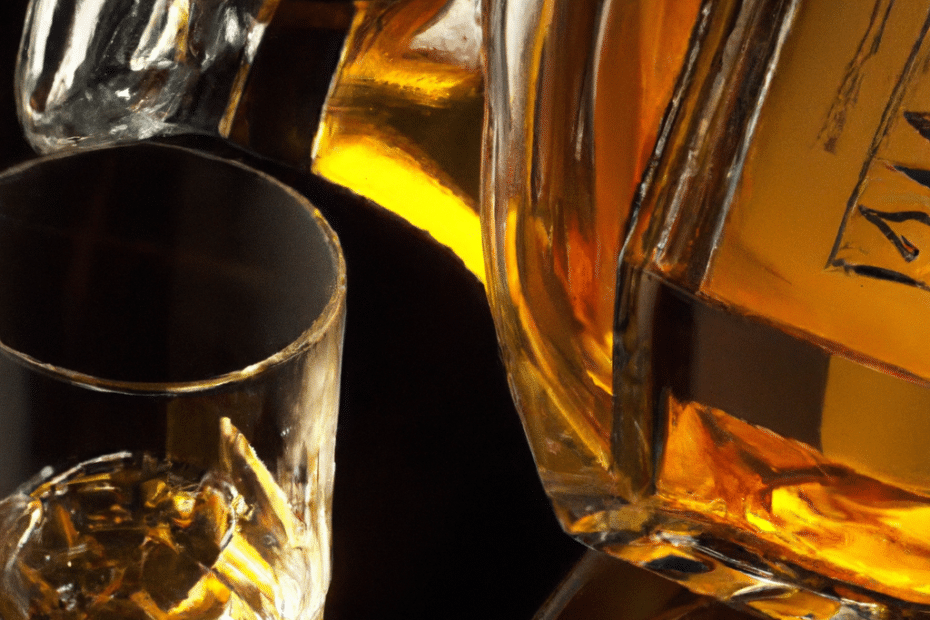Hello there! Today, we are going to tackle the age-old question of how to pronounce “whiskey” versus “whisky”. We all know that these two words refer to the beloved alcoholic beverage, but have you ever wondered why there are two different spellings and pronunciations? Well, stick around because we are about to uncover the fascinating world of this delightful spirit, exploring its origins and the subtle linguistic differences that set them apart. So grab a glass, sit back, and let’s dive into the intriguing world of “whiskey” and “whisky” pronunciation!
Etymology of Whiskey and Whisky
Whiskey and whisky are both beloved spirits known for their distinctive flavors and rich history. But have you ever wondered about the origins of these terms and the reasons behind their different spellings and pronunciations? In this article, we will explore the etymology of whiskey and whisky, the pronunciation differences between the two, regional variations in pronunciation, and the cultural significance of these spirits.
Origin of the Word
The word “whiskey” is believed to have originated from the Irish term “uisce beatha,” meaning “water of life.” It was later anglicized to “usquebaugh” and eventually evolved into “whiskey.” On the other hand, the word “whisky” originated from the Scottish Gaelic term “uisge beatha,” which has the same meaning as its Irish counterpart. The differing spellings arose due to historical and linguistic influences between the Irish and Scottish whiskey traditions.
Irish vs. Scottish Spelling
The spelling distinction between “whiskey” and “whisky” primarily reflects the geographic origin of the spirit. Irish whiskey is spelled with an “e,” while Scotch whisky is spelled without it. This spelling difference can be attributed to the grammatical and orthographical preferences of the respective regions. However, it is interesting to note that not all whisk(e)ys adhere to this convention, as some American and Canadian distillers may also use the “whisky” spelling.
Pronunciation Differences
Aside from their spelling discrepancies, whiskey and whisky also differ in their pronunciation. Let’s explore the various phonetic and accent variations, as well as the differences in vowels and consonants that contribute to the unique pronunciations of each spirit.
Phonetic and Accent Variations
The pronunciation of whiskey and whisky can vary based on regional accents and dialects. In general, the pronunciation tends to differ between Irish, Scottish, and American English accents. Irish accents tend to emphasize the “s” sound in “whiskey” and pronounce it as /ˈwɪs.ki/. Scottish accents, on the other hand, place greater emphasis on the “ee” sound, resulting in a pronunciation of /ˈwɪs.ki/. American accents often pronounce “whiskey” as /ˈwɪs.ki/ or /ˈhwɪs.ki/, with the latter being more prevalent in regions heavily influenced by Irish immigration.
Differences in Vowels and Consonants
The variation in pronunciation between whiskey and whisky can also be attributed to differences in vowels and consonants. Irish and American pronunciations of “whiskey” often feature a short “i” sound, represented by /ɪ/, while the Scottish pronunciation tends to have a longer “i” sound, represented by /i/. Additionally, Scottish pronunciation places greater emphasis on the aspirated “wh” sound, resulting in a more pronounced “hwis” sound compared to the Irish and American variants.
Regional Pronunciations
The pronunciation of whiskey and whisky can further vary depending on the regional dialect and cultural influences. Let’s explore the distinct pronunciations associated with Irish, Scottish, and American English.
Irish Pronunciation
In Ireland, whiskey is an integral part of the cultural heritage, and its pronunciation reflects that. The Irish pronunciation of “whiskey” is typically /ˈwɪs.ki/. The “s” sound is emphasized, and the “i” sound is relatively short. Irish pronunciations often convey a sense of warmth and familiarity, as if the speaker is intimately connected to the rich history and tradition of Irish whiskey.
Scottish Pronunciation
In Scotland, the birthplace of Scotch whisky, the pronunciation of “whisky” takes on a distinctive flair. Scottish accents tend to elongate the “i” sound, resulting in a pronunciation of /ˈwɪs.ki/. The aspirated “wh” sound is also more pronounced, giving it a unique musical quality. When a glass of Scottish whisky is raised, the Scottish pronunciation adds a touch of mystique and authenticity to the experience.
American Pronunciation
In the United States, the pronunciation of “whiskey” can vary depending on regional accents and cultural influences. American pronunciations may range from /ˈwɪs.ki/ to /ˈhwɪs.ki/. Regions with strong ties to Irish immigration often feature the latter pronunciation, reflecting the historical influence of Irish whiskey-making traditions. American pronunciations represent the diverse tapestry of whiskey appreciation across the country.
Whiskey Pronunciation
Now that we’ve explored the regional variations of whiskey pronunciation, let’s delve into the specific pronunciations associated with Irish and American whiskey.
Irish Whiskey Pronunciation
Irish whiskey, known for its smoothness and character, is typically pronounced as /ˈwɪs.ki/ in Ireland. The short “i” sound and emphasis on the “s” create a distinctively Irish flavor to the word itself. Pronouncing Irish whiskey in its native form adds an extra layer of appreciation to the sensory experience of savoring a glass of this iconic spirit.
American Whiskey Pronunciation
In the United States, the pronunciation of American whiskey may vary depending on regional accents and cultural influences. Pronunciations can range from /ˈwɪs.ki/ to /ˈhwɪs.ki/. The latter, with a more pronounced “hw” sound, is often associated with regions heavily influenced by Irish immigration. Regardless of pronunciation, American whiskey encompasses a wide range of styles and flavors, reflecting the country’s diverse history and innovative spirit.
Whisky Pronunciation
While whiskey predominantly refers to Irish and American spirits, Scotch whisky is commonly associated with the term “whisky.” Let’s explore the specific pronunciations associated with Scottish whisky, as well as the worldwide variations.
Scottish Whisky Pronunciation
In Scotland, the pronunciation of “whisky” follows a unique pattern. It is typically pronounced as /ˈwɪs.ki/. The elongated “i” sound adds a poetic resonance to the pronunciation, mirroring the nuanced flavors and time-honored craftsmanship that define Scotch whisky. Pronouncing “whisky” in the Scottish manner pays homage to the prestigious distilleries nestled in the scenic landscapes of Scotland.
Worldwide Whisky Pronunciation
Beyond Scotland, the pronunciation of “whisky” varies on a global scale. While many countries adopt the Scottish pronunciation, regional accents and linguistic differences can result in unique variations. For example, in the United States, the “whisky” spelling is sometimes pronounced as /ˈwɪs.ki/, aligning with their pronunciation of “whiskey.” Likewise, other countries may adopt their own distinct pronunciations based on cultural and linguistic norms.
Pronunciation Guide: IPA Symbols
For those seeking a deeper understanding of whiskey and whisky pronunciation, the International Phonetic Alphabet (IPA) provides a comprehensive guide to accurately represent the sounds used in spoken language. Let’s explore the IPA symbols associated with whiskey and whisky.
International Phonetic Alphabet (IPA)
The International Phonetic Alphabet (IPA) is a system of phonetic notation that represents the sounds of human speech. It provides a standardized way to transcribe the pronunciation of words in various languages. By relying on IPA symbols, we can accurately describe the subtleties of whiskey and whisky pronunciation.
IPA Symbols for Whiskey
When using IPA symbols to transcribe the pronunciation of “whiskey,” we would typically represent it as /ˈwɪs.ki/. The symbols /ˈw/ and /ˈk/ represent the initial and final sounds of the word, respectively. The short “i” sound is represented by /ɪ/. Together, these IPA symbols convey the essence of the word’s pronunciation across different accents and dialects.
IPA Symbols for Whisky
To transcribe the pronunciation of “whisky” using IPA symbols, we would commonly use /ˈwɪs.ki/. The IPA symbols maintain consistency with the pronunciation guide established for whiskey, while accounting for the elongated “i” sound that characterizes the Scottish pronunciation.
Common Mispronunciations
While whiskey and whisky may seem straightforward in terms of pronunciation, there are common mispronunciations that arise due to linguistic differences and regional accents. Let’s explore some of the mispronunciations associated with both variations of the term.
Mispronunciations of Whiskey
One common mispronunciation of “whiskey” is the omission of the initial “h” sound, resulting in a pronunciation of /ˈwɪs.ki/. This mispronunciation is often attributed to regional accents or simply a lack of familiarity with the correct pronunciation. However, to truly appreciate the spirit’s heritage and craftsmanship, it is important to pronounce it correctly as /ˈhwɪs.ki/ or /ˈwɪs.ki/, depending on your accent.
Mispronunciations of Whisky
Similarly, the term “whisky” is prone to mispronunciations, particularly with the addition of an “e” that is not present in Scotch whisky. One common mispronunciation is the pronunciation of “whisky” as /ˈwɪs.ki/, following the same conventions as the American variant. To fully honor the traditions and culture associated with Scotch whisky, it is essential to pronounce it as /ˈwɪs.ki/.
Historical Influences on Pronunciation
The historical landscape of whiskey and whisky is inextricably linked to migrations, cultural influences, and even periods of prohibition. These historical influences have shaped the pronunciation of these spirits in profound ways.
Migration and Influence
Throughout history, migrations between Ireland, Scotland, and the United States have played a significant role in shaping the production and pronunciation of whiskey and whisky. Irish immigrants brought their whiskey-making traditions to the United States, where they influenced the pronunciation of American whiskey. Similarly, Scottish immigrants carried their whisky-making expertise to various corners of the world, further diversifying the pronunciation of whisky globally.
Prohibition and Aftermath
The era of Prohibition in the United States from 1920 to 1933 had a notable impact on the production and pronunciation of whiskey. During this period, whiskey production and sales were banned, leading to the rise of underground distillation and consumption. The clandestine nature of illegal whiskey production during Prohibition may have contributed to subtle linguistic shifts in pronunciation as distillers adapted to changing circumstances. As Prohibition ended and the whiskey industry rebounded, the evolving pronunciation continued to reflect the influence of both Irish and Scottish traditions.
Cultural Significance
The pronunciation of whiskey and whisky extends beyond linguistic nuances; it carries cultural significance and signifies a connection to one’s heritage. Let’s explore the cultural significance of these spirits and the traditions associated with them.
Connection to Heritage
Whiskey and whisky are deeply intertwined with the cultural heritage of the Irish, Scottish, and American people. Their pronunciation represents not only a linguistic distinction but also a testament to the long-standing traditions and craftsmanship passed down through generations. The way we pronounce these spirits reflects our connection to our roots and the pride we feel in the legacies that have shaped them.
Whiskey and Whisky Traditions
The pronunciation of whiskey and whisky is inseparable from the traditions surrounding these spirits. Irish whiskey, with its rich history and mellow flavor profile, is often associated with leisurely sipping and the warmth of convivial conversations. Scottish whisky, on the other hand, carries the weight of tradition and conveys a sense of reverence for the craft. American whiskey encompasses a wide range of styles and embodies the spirit of innovation that characterizes the United States.
Conclusion
When it comes to the pronunciation of whiskey and whisky, there is a world of variation and cultural significance to explore. The differing spellings and pronunciations reflect the unique histories, regional accents, and cultural traditions associated with these beloved spirits. As we appreciate the nuances of the pronunciation, let us also delight in the diverse flavors, histories, and experiences that whiskey and whisky offer. Whether you prefer “whiskey” or “whisky,” raise a glass and savor the distinctive character and craftsmanship that make these spirits truly extraordinary.


